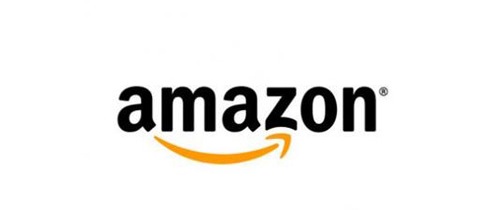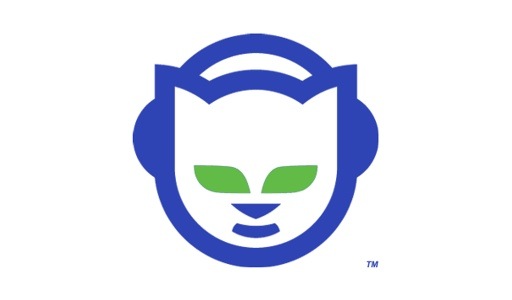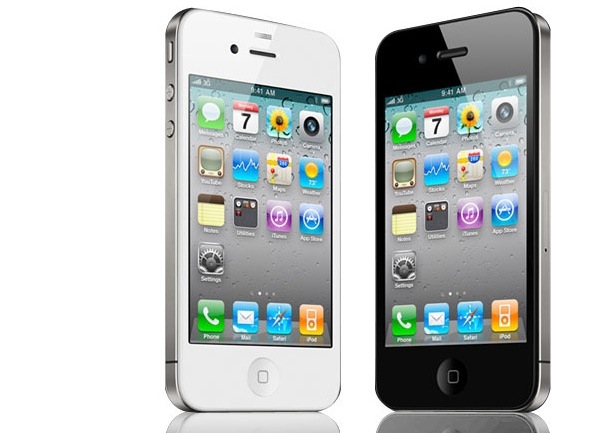This might be the most controversial piece I’ve submitted to UX Magazine. I gathered together an entire digital design agency to survey 20 years of Internet history and choose the five most important breakthroughs from a user experience perspective. Tears were shed. Blood was spilled. And in the end we compromised on six.
Why the user experience angle? Because whatever technological innovations are forming in the world’s boardrooms and basements right now, in the end, it’s our users who will choose the winners—with their attention, enthusiasm, and cash.
Here are they are in rough chronological order:
#1: America Online (AOL)
AOL may be fighting for its life today, but it was once synonymous with the Internet. At it peak it had over 30 million subscribers and even swallowed Time Warner. But that’s not why it made our list.
AOL leads our list because it was the original online service for “non-computer people,” offering a friendly graphical user interface in place of command lines and fostering communication among its members long before social became a buzzword.
Through force of will and enough direct-mail CDs to bury Luxembourg, AOL wrested the Internet from the techies, scientists, and academics who created it and made it so accessible your grandparents might even use it—and then they did.
Thank you AOL for bringing the Internet out of the labs and into our living rooms.
#2: Internet Search
No discussion of Internet highs can ignore the centrality and ongoing cultural impact of search. Countless billions have been invested in online shopping sites, products and services, games, media, and social sites. Yet search remains our most popular online activity:
- 92% of online U.S. adults use search engines to find information on the web—roughly six in 10 use it on a typical day [Source: Pew Internet & American Life Project]
- 93% of all Internet traffic is generated from search engines [Source: Forrester Research]
- In the U.S., search contributed to 1.2% of GDP in 2009 [Source: McKinsey]
No wonder it’s so popular. You type some words into a box, and the information you seek comes back like magic. And increasingly it does work like magic: Anticipating our needs—even correcting our mistakes—at ever faster speeds.
Thank you Archie, Gopher, WebCrawler, Lycos, Magellan, Excite, Infoseek, Inktomi, Ask Jeeves, MSN, AltaVista, Yahoo!, Google, Bing, and others for expanding our consciousness, saving us time and money, making us smarter, and settling every factual dispute we’re ever going to have—on the spot.
#3: Amazon.com
It’s hard to believe that not so long ago, selling goods online was a risky experiment with an uncertain future. This was the world Amazon entered in 1995 as “Earth’s largest bookstore” and one of the first online retailers.
While many of its peers from those days are gone (See CNET’s Top 10 Dot-Com Flops for a trip down memory lane), Amazon persevered to become the world’s largest online retailer with $48 billion in yearly revenue and millions of products and services for sale. But what most impressed us is how it got there.
“Amazon is such a smart learning organization,” Nancy F. Koehn, a professor of business administration at Harvard Business School, told Bloomberg Businessweek recently. “It’s like a biological organism that through natural selection and adaptation just keeps learning and growing.”
Through its culture of constant experimentation and tweaking, a willingness to quickly drop what’s not working, and its clever use of customer data, Amazon doggedly popularized online shopping and established itself as the beau ideal for successful online retailers across the globe.
Thank you Amazon for finding your way through unknown terrain without a road map. You are the Lewis and Clark of e-commerce.
#4: Napster
We’re not talking about the Napster that Best Buy just sold to Rhapsody, but the original start-up that ignited the music file-sharing frenzy and rocked the web 10 years ago. Napster’s first act (1999 to 2001) was cut short by music industry lawsuits, but the forces it unleashed continue to transform and shape the global media marketplace today.
Napster boasted as many users as AOL at its peak. Like AOL, Napster popularized a technology it didn’t actually invent, and succeeded for many of the same reasons:
- It was easy to use and understand
- It aggregated and standardized a previously fragmented landscape
- It was faster and more reliable than its predecessors
- It harnessed powerful social dynamics found in the real world
Napster paved the way for some amazing things that we take for granted today, like the ability to easily find, own, and share just about any song, album, movie, book, or story in the world. It is the mother of iTunes, Rhapsody, Netflix, and countless other services and websites that we use and love.
Thank you Napster. Because content really does want to be free—not free of cost necessarily, but free of boundaries.
#5: User-Generated Content
It’s hard to believe that user-generated content (or “UGC”) has only been a mainstream phenomenon since 2005. Even by Internet standards, its proliferation and growing cultural impact have been astonishing.
Through personal blogs, social networks, online communities and discussion boards, product reviews, wikis, news sites, travel sites, video, and photo-sharing sites, average citizens are exerting an increasingly profound influence over our culture and economy.
- In the U.S., 43% of Internet users are generating online content [Source: McKinsey]
- 49% of online users share content online at least one a week [Source: CMB Consumer Pulse]
Entire industries are being transformed. Retail, for one, will never be the same:
- 81% of people use consumer reviews in their purchase decisions [Source: Nielsen Online via BizReport]
- Online reviews are second only to word-of-mouth when it comes to influencing consumer-purchasing decisions [Source: Rubicon Consulting]
User generated content was even featured as Time magazine’s 2006 Person of the Year, in which the person of the year was “you,” meaning all of those individuals who are changing the nature of the information age as creators and consumers of user-generated content.
Here’s another way of looking at it: Take Facebook, Craigslist, eBay, Twitter, Pinterest, Myspace, LinkedIn, YouTube, Wikipedia, TripAdvisor, and Yelp. Without the content produced by users, most of these modern icons wouldn’t exist at all.
Thank you UGC. Customers may not quite rule, as some marketing pundits claim, but because of you they are no longer docile subjects either.
#6: The iPhone
Before the iPhone it was the same story every year. The “year of mobile” was upon us. The phone manufacturers would trumpet their latest incremental improvements and cosmetic enhancements as the next big thing. But something was missing. Then the iPhone debuted in 2007 and we all understood exactly what had been missing.
Five years later, Palm is history. RIM and Nokia are floundering. Windows mobile is kidding itself. And Android is successful because it’s so much like the iPhone. Now that’s disruptive technology.
The mobile revolution is in full swing and accelerating thanks to the iPhone’s ease of use and endless possibility. And with almost six billion mobile handsets in use worldwide, mobile may well be the greatest business opportunity of all time:
- 90% of the world now lives in a place with access to a mobile network [Source: International Telecommunication Union]
- Mobile phones will overtake PCs as the most common web-access devices worldwide by 2013 [Source: Gartner]
- Direct revenue from the sale of apps, in-app purchases, and subscriptions will hit $14.1bn in 2012 [Source: Canalys]
Thank you Apple for launching the real mobile revolution, and making all that came before you look ridiculous.
So only one question remains: Which great breakthroughs would you choose?
Search photo courtesy of Shutterstock










